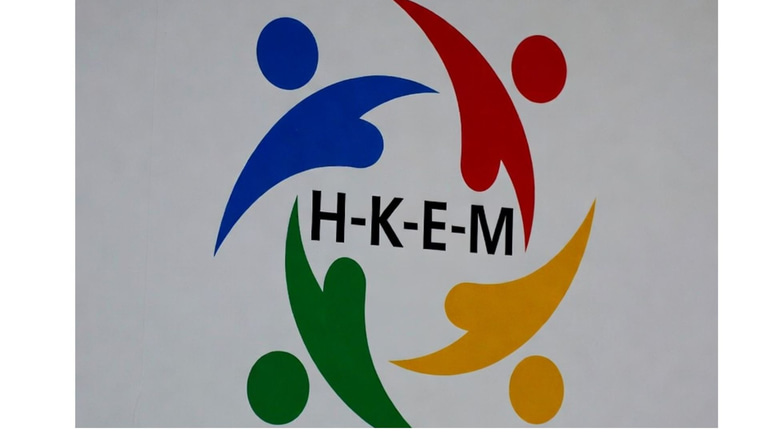
Health is a crown on the heads of the healthy that only the sick can see.
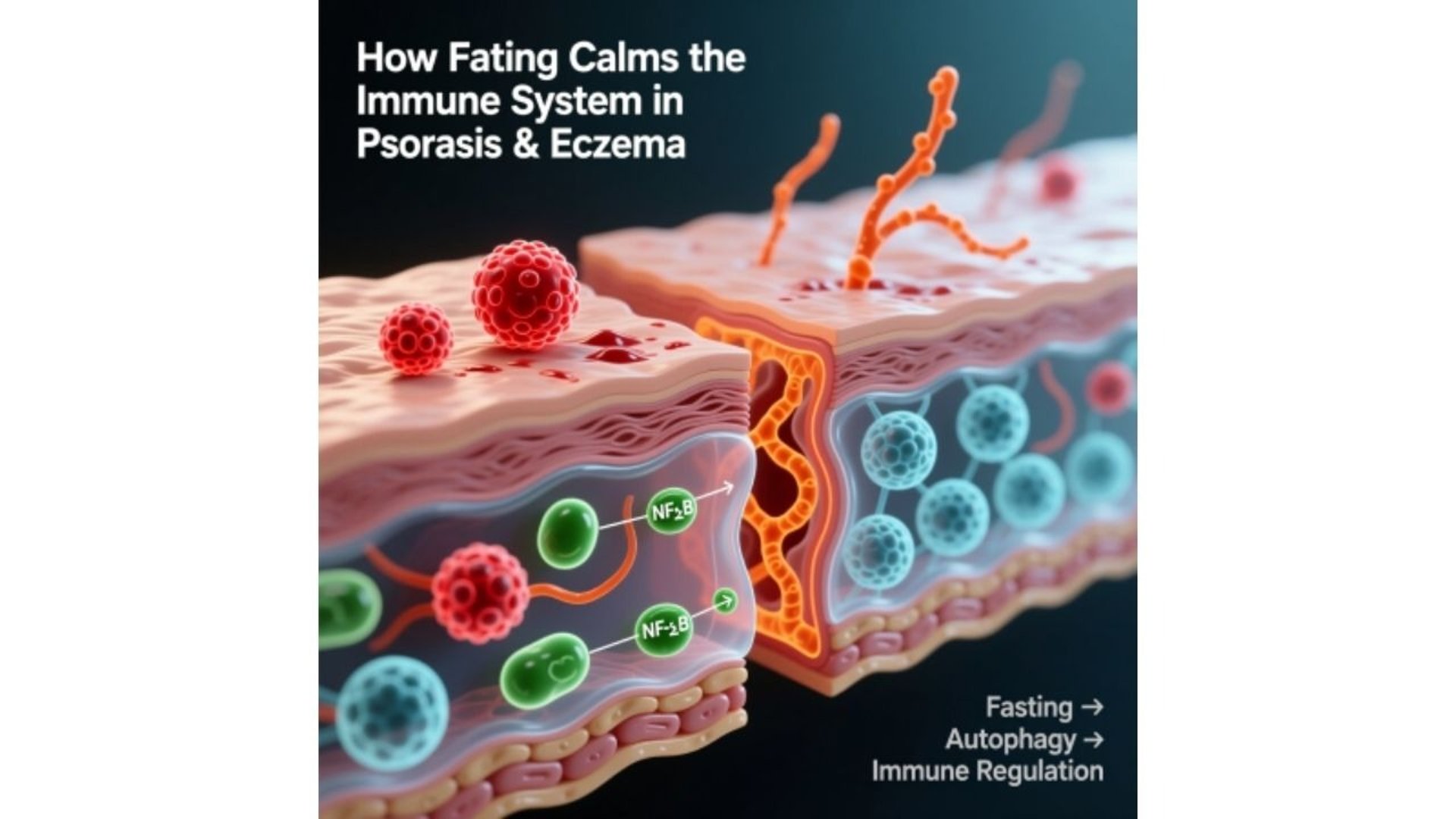
🧬 How Fasting Calms the Immune System in Psoriasis and Eczema
🌙🧬 Discover how Islamic and integrative fasting may reduce inflammation and oxidative stress in sickle cell disease, while preventing crises through safe hydration and balanced fasting practices.
SKIN DISEASESFASTING
Dr Hassan Al Warraqi
10/7/20258 min read


🧬 How Fasting Calms the Immune System in Psoriasis and Eczema
🌙🧬 Discover how Islamic and integrative fasting may reduce inflammation and oxidative stress in sickle cell disease, while preventing crises through safe hydration and balanced fasting practices.
Fasting for Psoriasis and Eczema: Can it Help Calm Your Skin?
Fasting is becoming a popular, natural way to deal with long-term inflammatory skin problems like psoriasis and eczema (also known as atopic dermatitis).
Fasting every other day, 3 or 4 days a week. The fast of David. It is the best type of fasting.
Based on the latest science, specific fasting plans work by changing how your immune system behaves, which lowers inflammation and helps your cells fix themselves.
This guide explains how fasting can help your skin, based on research and how it works.
What the Research Says: Clinical Evidence
While more studies are being done, the research we already have suggests fasting can be a helpful addition to other treatments.
Psoriasis and Fasting: Real Improvement
Works Well With Medication: A big study that lasted 28 weeks and involved 120 people with psoriasis found that combining a 16:8 intermittent fasting plan with methotrexate ( a common medication for psoriasis) worked much better than using the medicine alone.
* In the group that fasted, over 54% saw their PASI score (a way to measure psoriasis severity) improve by 50% or more.
Only 36% of the group that only took medication had the same improvement.
* The fasting group also had lower levels of important inflammation markers like IL-6 and CRP, which backs up the visible improvements with scientific evidence.
Ramadan Studies
Studies done during Ramadan, a time when people naturally fast intermittently, often show that psoriasis gets less severe (lower PASI scores) and the symptoms of psoriatic arthritis get better.
Eczema and Fasting: Reduced Itch and Severity
Fasting and Diet Together
A study in 2022 looked at adults with mild to moderate eczema and had them follow an Intermittent Fasting with Diet Program (IFDP).
After 16 weeks, the people in the study got much better: their SCORAD scores (another measure of eczema severity) went down, they itched less, and they didn't need to use topical steroids as much.
How Fasting Lowers Skin Inflammation: The Science Behind It
Fasting changes things at a cellular level, leading to the benefits.
Fasting targets the main causes of inflammation in psoriasis and eczema in several important ways.
1. Directly Turns Off Inflammation
Fasting is very good at suppressing the NLRP3 inflammasome, which is like a master switch that turns on inflammation in your body.
It does this using two key molecules:
β-hydroxybutyrate (BHB)
This is a ketone body that your body makes when you're fasting. It directly stops the NLRP3 from turning on.
Arachidonic Acid
Fasting increases the amount of this fatty acid in your blood, which also stops the NLRP3 inflammasome.
By blocking this switch, fasting lowers the production of strong inflammatory cytokines like IL-1β and IL-18.
2. Rebalances Your Immune System
Fasting changes your immune system from a state that promotes inflammation to one that regulates and reduces inflammation:
Reduces Bad Cells
It lowers the number and activity of Th17 and γδT17 cells, which cause psoriasis by producing IL-17.
Boosts Good Cells
It increases the number of regulatory T-cells (Tregs), which help calm inflammation and restore immune balance.
Pauses Monocytes
Research shows that fasting makes pro-inflammatory monocytes go back to the bone marrow, where they go into a quiet sleep mode, which reduces their presence in the body.
3. Activates Cellular Repair (Autophagy)
Autophagy is how your body cleans out damaged cell parts.
This process often doesn't work well in people with psoriasis and eczema.
Fasting is a strong way to kick-start autophagy, which helps reset skin cells and lower inflammation and stress.
4. Resets the Connection Between Gut and Skin
About 80% of your immune system is in your gut. Fasting has been shown to:
* Increase good gut bacteria like Lactobacillaceae and Bifidobacteriacea.
* Lower markers of gut inflammation and leaky gut.
This rebalancing of the gut-skin connection is very important for achieving healthy skin.
Different Fasting Plans for Psoriasis & Eczema
Different fasting plans may have different effects. Here's a quick look:
Safety Tips and Things to Keep in Mind
Consider these points before you start fasting:
Talk to Your Doctor First
This is very important.
Always talk to your doctor before you start any kind of fasting, especially if you have conditions like diabetes, are underweight, pregnant, or take medication (which might need to be adjusted).
Possible Risks
Fasting can cause nutrient deficiencies, dizziness, headaches, and trigger unhealthy eating habits. Long fasts can be dangerous.
Not a Cure on Its Own
Fasting is a good way to start making changes and calm your immune system, but it doesn't replace the treatments your doctor has prescribed.
It should be seen as part of an all-around plan.
Keep It Up
To have long-term success, you need to move from fasting to a healthy lifestyle that you can maintain.
In Conclusion
A Helpful Tool for Skin and Immune Health
Fasting every other day, 3 or 4 days a week. The fast of David. It is the best type of fasting.
Fasting is a promising way to change how your immune system acts in psoriasis and eczema, backed by science.
It lowers inflammatory molecules, rebalances immune cells, and improves gut health, which addresses the main causes of these complex conditions.
It's not a miracle cure, but when done safely and combined with a healthy diet and medical advice, fasting can be a very helpful part of a bigger plan to get healthier skin and a calmer immune system.
Disclaimer
This article is for informational purposes only and is not medical advice.
Talk to a qualified healthcare professional, like a dermatologist or registered dietitian, before making any changes to your treatment plan or starting a fasting plan.
Common Questions About Fasting for Psoriasis and Eczema FAQS
Q1: How can fasting even help my psoriasis or eczema?
Fasting helps by calming your overactive immune system, which causes inflammation in both psoriasis and eczema.
Fasting:
Lowers Inflammation: It reduces the chemicals in your body that cause inflammation (like IL-6, IL-17, and TNF-α).
Rebalances Immune Cells: It lowers the number of inflammatory cells (like Th17) and increases the number of regulatory T-cells (Tregs), which help calm things down.
Helps Cells Repair: It starts a process called autophagy, where your cells clean out damaged parts, which reduces stress and inflammation.
Heals the Gut: It helps rebalance your gut microbiome, which is important for a healthy immune system and is connected to skin health.
Q2: Which kind of fasting is best for psoriasis and eczema?
While everyone is different, the most researched and sustainable plans are:
Intermittent Fasting (16:8): Eat all your meals in an 8-hour window (like 12 pm to 8 pm) and fast for 16 hours. Studies have shown this helps with psoriasis.
Modified Intermittent Fasting (5:2): Eat normally for five days a week and eat only around 500-600 calories on two days that aren't together.
Ramadan Fasting: Fasting daily during specific hours has been seen to improve psoriasis symptoms.
* The Fasting Mimicking Diet (FMD), which is a 5-day, low-calorie program, has also shown promise for skin and immune health.
Fasting every other day, 3 or 4 days a week. The fast of David. It is the best type of fasting.
Q3: How long until I see results?
Some people say they itch less and have less redness within a few weeks.
But bigger improvements, like less scaling, are usually seen after 6 to 12 weeks of doing it consistently.
Q4: Can I stop my medications if I start fasting?
No. Don't stop or change your medications without talking to your doctor.
Fasting should be seen as something that helps your treatment, not replaces it.
Studies show it works well with medications, making them work better.
Always work with your doctor to manage your treatment.
Q5: Is fasting safe for everyone with these conditions?
No. Fasting has risks and isn't for everyone.
Be very careful and talk to a doctor if you:
* Are underweight or have had eating disorders.
* Have diabetes or blood sugar problems.
* Are pregnant or breastfeeding.
* Have kidney or liver disease.
* Take medications that need to be taken with food.
Q6: What side effects can fasting cause?
Common side effects that are usually temporary:
* Headaches, dizziness, or feeling tired, especially when you start.
* Hunger and getting annoyed easily.
* Constipation.
More serious risks include not getting enough nutrients, low blood sugar, and triggering unhealthy eating habits.
Q7: I have eczema. Is there as much proof that fasting helps as there is for psoriasis?
The proof for eczema is promising but not as much as for psoriasis.
Most of the proof comes from smaller studies, but a study in 2022 that combined intermittent fasting with a plant-based diet showed improvements in eczema severity and itching.
Q8: What should I eat when I'm not fasting?
To keep the benefits of fasting, it's important to eat a diet that's full of nutrients. Focus on:
Whole Foods: Lots of vegetables, fruits, beans, and whole grains.
Healthy Fats: Avocado, olive oil, nuts, and seeds.
Quality Protein: Fish, poultry, and plant-based proteins.
Avoid processed foods, sugar, and refined carbs, which can cause inflammation and undo the good effects of fasting.
Q9: Will the benefits last after I stop fasting?
The benefits of fasting might not last if you go back to a diet and lifestyle that cause inflammation.
To have long-term improvement, fasting is best used as a tool to start change.
The goal is to move into a healthy eating plan that supports a calm immune system.
Search for terms like fasting psoriasis, fasting atopic dermatitis.
Fasting has emerged as a fascinating area of research for its potential effects on the immune system, particularly in inflammatory conditions like psoriasis and eczema. While more research is needed, current understanding suggests several ways fasting might help:
Reduced Inflammation: Fasting can lead to a decrease in pro-inflammatory cytokines and an increase in anti-inflammatory mediators. This shift helps to calm the overactive immune response seen in psoriasis and eczema.
Autophagy Activation: Fasting triggers autophagy, a cellular "housekeeping" process where the body cleans out damaged cells and proteins. This can remove cellular debris that might otherwise trigger inflammation.
Gut Microbiome Modulation: Fasting can influence the composition and activity of the gut microbiome. A balanced gut microbiome is crucial for a healthy immune system, and imbalances are often linked to inflammatory skin conditions.
Hormonal Changes: Fasting affects hormone levels, including cortisol (a natural anti-inflammatory) and growth hormone, which can play a role in immune regulation and skin repair.
Weight Management: For some individuals, particularly those with obesity, fasting can aid in weight loss. Excess adipose tissue can contribute to systemic inflammation, so reducing it can improve inflammatory conditions.
Fasting every other day, 3 or 4 days a week. The fast of David. It is the best type of fasting.
—-------------------------------------------------------------
====================================
Dr. Hassan Al-Warraqi – physician and researcher in integrative medicine at h-k-e-m.com, explains how fasting helps rebalance the immune system and reduce chronic inflammation in psoriasis and eczema. 🌿🧬🌙
https://www.h-k-e-m.com/-how-fasting-calms-the-immune-system-in-psoriasis-and-eczema
—-------------------------------------------------------------
====================================
🌙🧬 Fasting and Sickle Cell Crises : A Delicate Balance
https://www.h-k-e-m.com/-fasting-and-sickle-cell-crises-a-delicate-balance
#Fasting #SickleCell #SickleCellDisease #SickleCellAnemia #FastingAndHealth #IntegrativeMedicine #IslamicFasting #MedicalFasting #Inflammation #OxidativeStress #ChronicDisease #HealthyFasting #ImmuneBalance #HydrationMatters #hkem #DrHassanAlWarraqi
Fasting and sickle cell disease research explores how Islamic fasting and integrative fasting therapy can reduce oxidative stress and inflammation, prevent sickle cell crises caused by dehydration, and reveal both the benefits and risks of fasting in chronic diseases, emphasizing safe fasting practices for sickle cell patients.
—-------------------------------------------------------------
====================================
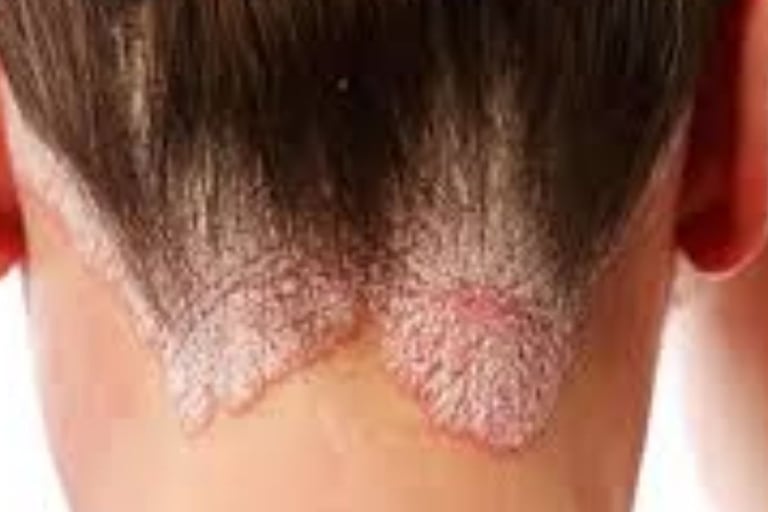

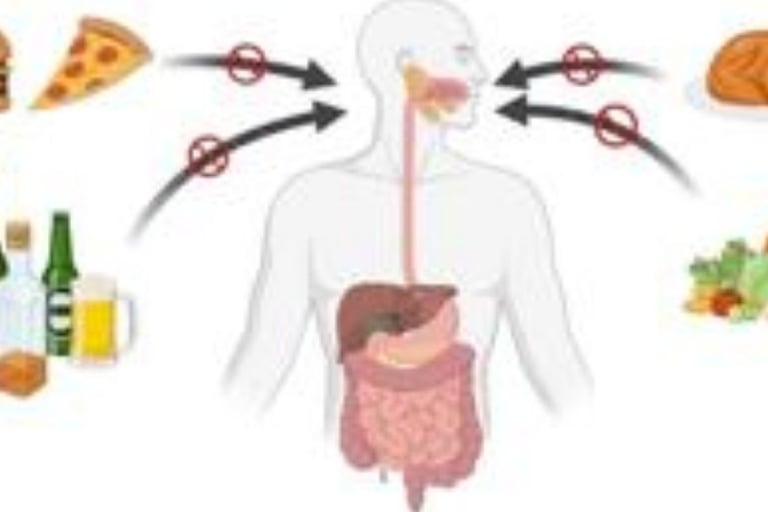

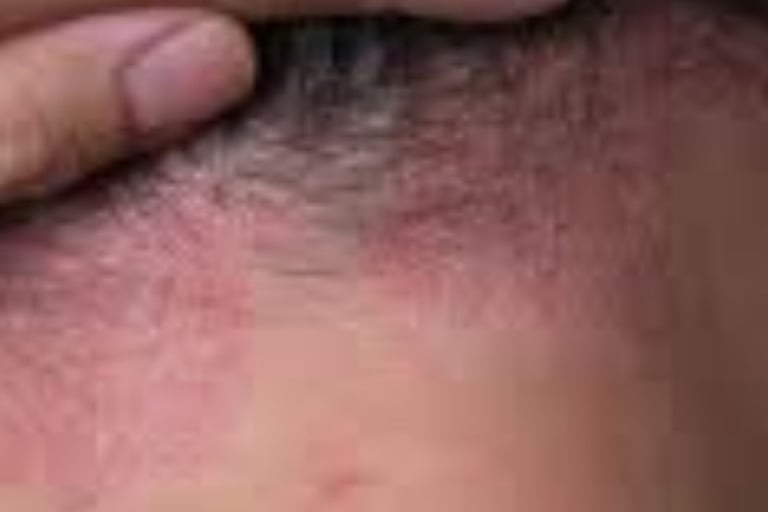

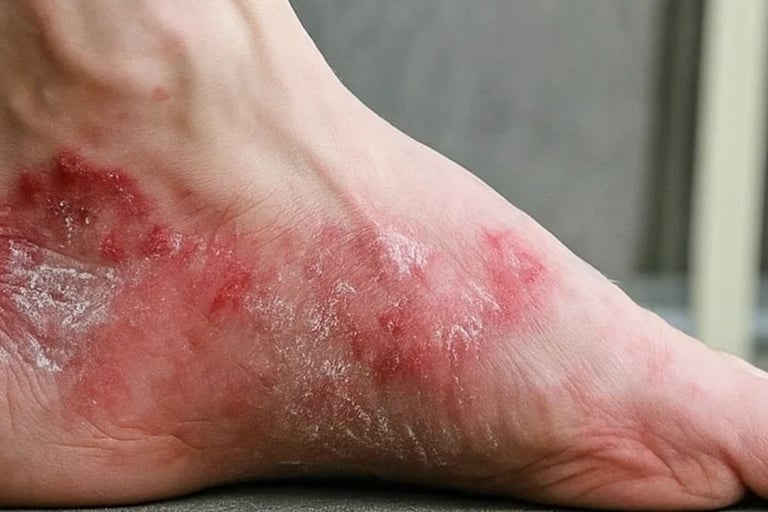

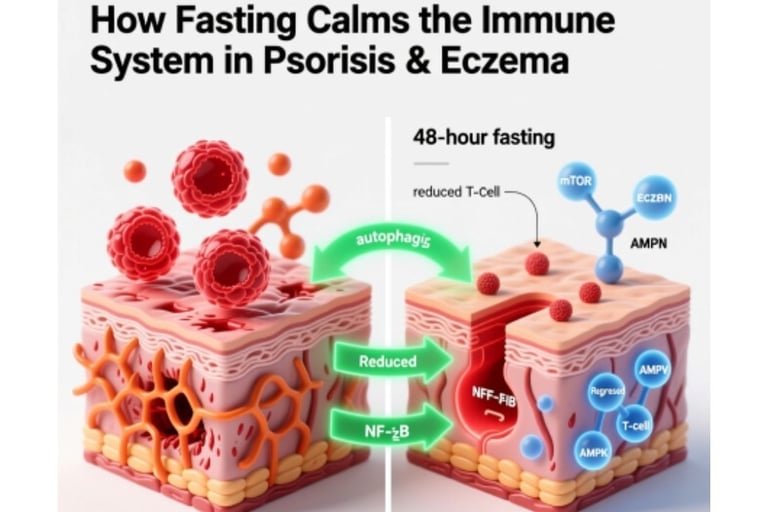

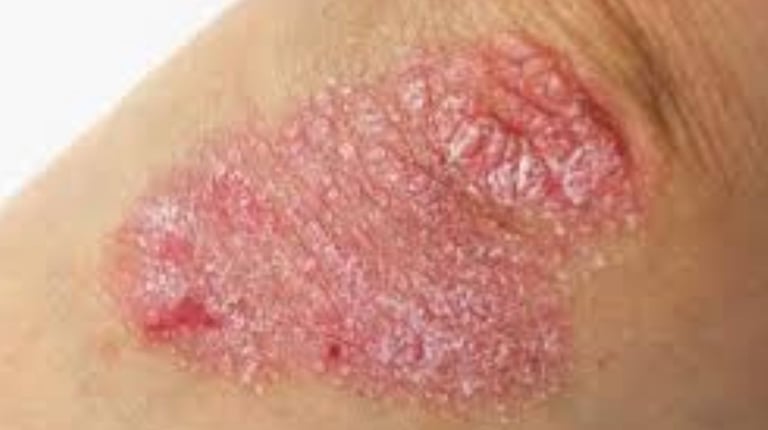

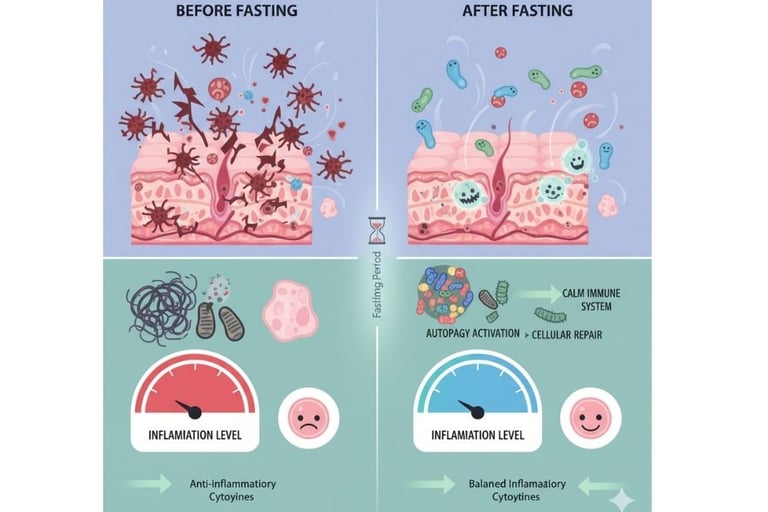

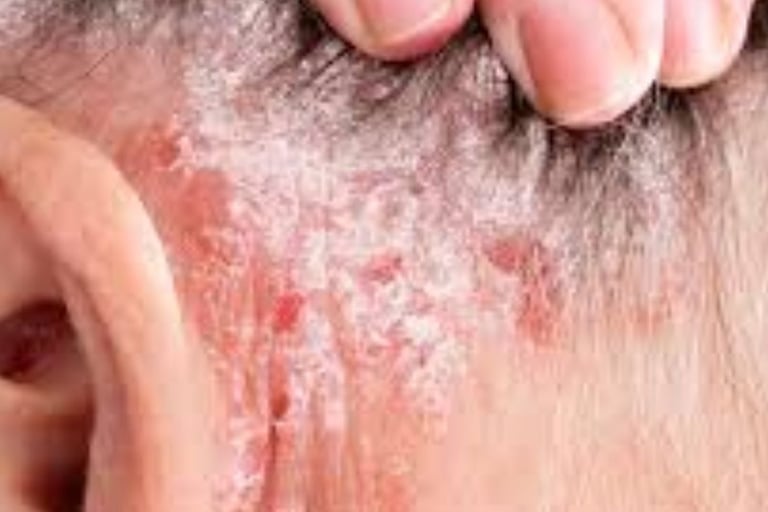



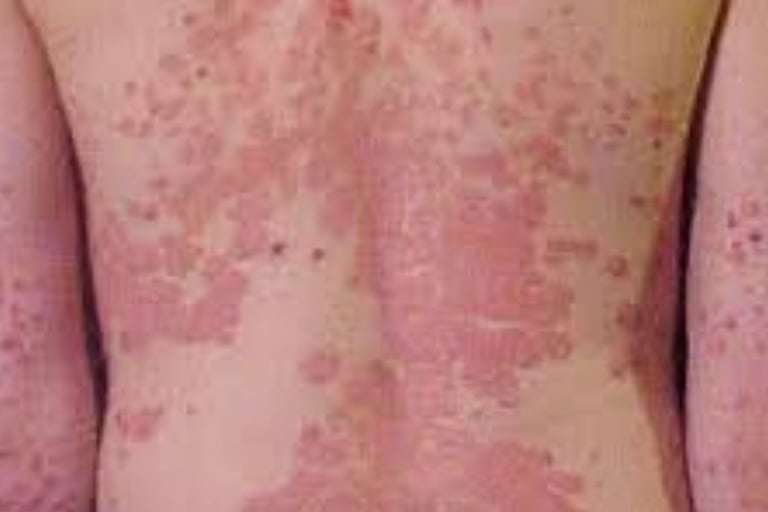

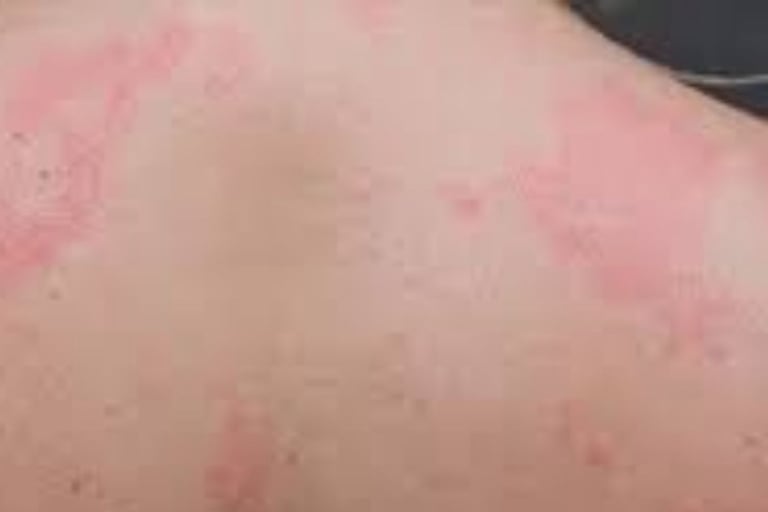


Get in touch
Address
Cairo Al Rehab
Contacts
+20 109 405 2056
hassanalwarraqi@h-k-e-m.com
